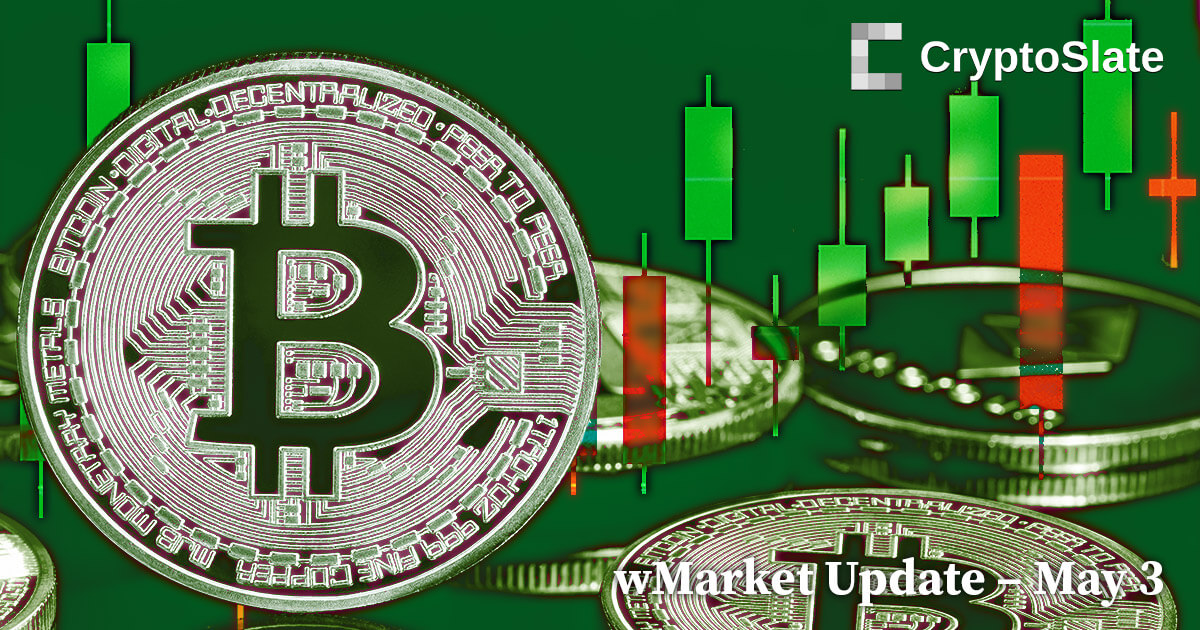Boston’s crypto scene charts its future – in this group chat
“Gm.”
“gm.”
The font on the Boston DAO logo resembles the branding for Dunkin’ (I’m told it’s under legal review), so people often follow the “gm” message with a picture of their iced coffee. This morning ritual is one of the ways the region’s burgeoning crypto community is becoming a true business community.
The Boston DAO considers itself a “decentralized autonomous organization,” a group governed by its members rather than a central authority.
The best way to understand the Boston DAO is to think of it as a glorified group chat. When it started, that’s really all it was – a place for people to talk about crypto.
Jake Lynch, 27, a core contributor to the group since it started earlier this year, said Boston DAO has grown exponentially in recent months. It has around 350 members – spanning CEOs, venture capitalists and students – and recently published a 1,000-word manifesto, focusing on politics, philanthropy, events and community.
“Most of the progress has been around deciding how the organization will operate and what its goals will be,” Lynch said. “Without railings, it’s a bit foggy and no one really knows what’s going on.”
So what happens?
Similar to how there are trade organizations that represent the interests of the state’s restaurant, beer or biotech industries, the Boston DAO hopes to advance the local crypto and blockchain industry, often referred to as “web3.” The DAO is working with state legislators to help create a state blockchain commission, as well as a workforce development program.
Unlike most business organizations, it does not have a leader; right now the group has about 25 core contributors, who spend two to five hours a week on DAO-related matters.
It’s early days, but the Boston DAO wants to play an important role in cementing Boston as a world hub for crypto and blockchain technology. While the group doesn’t have any funding yet, Lynch said it could potentially do an NFT sale to raise money for a treasury. And the manifesto suggests it could eventually become an investor and incubator for web3 companies in the Boston area.
The group’s community norms may seem strange to anyone looking in from the outside.
It is common to see venture capitalists and CEOs using NFTs or avatars as profile pictures, instead of professional headshots. Meetings are organized through Partiful, instead of Eventbrite or Google Calendar. Messages are sometimes full of crypto slang.
Of course, these aspects help build community in the local web3 world. But as Dave Balter, CEO of Flipside Crypto, pointed out, it can also make it challenging for Boston’s broader tech community to figure out — and understand — what’s going on.
“The action is sort of in these silent Telegrams [groups]”, Balter said. “A lot of really smart people build things that nobody sees.”
Today, the Boston DAO may still seem (to most) like a group chat. But Lynch retracts that notion. A “group chat won’t necessarily have a long-term intention to change Boston’s landscape for innovation and the web3,” he said.
Anissa Gardizy can be reached at [email protected]. Follow her on Twitter @anissagardizy8 and on Instagram @anissagardizy.journalism.


